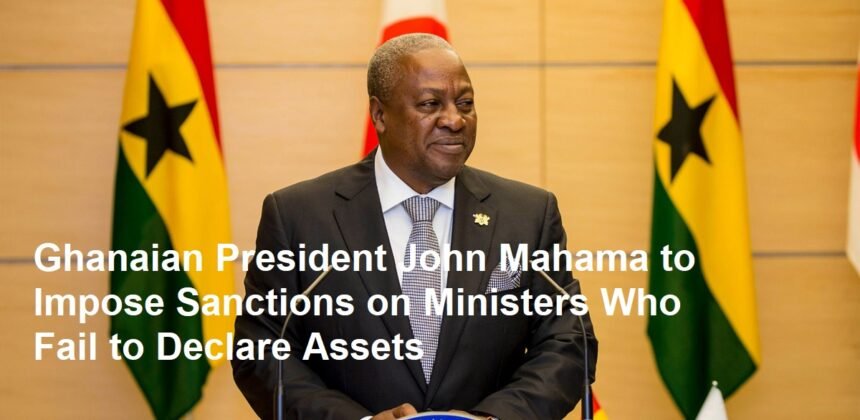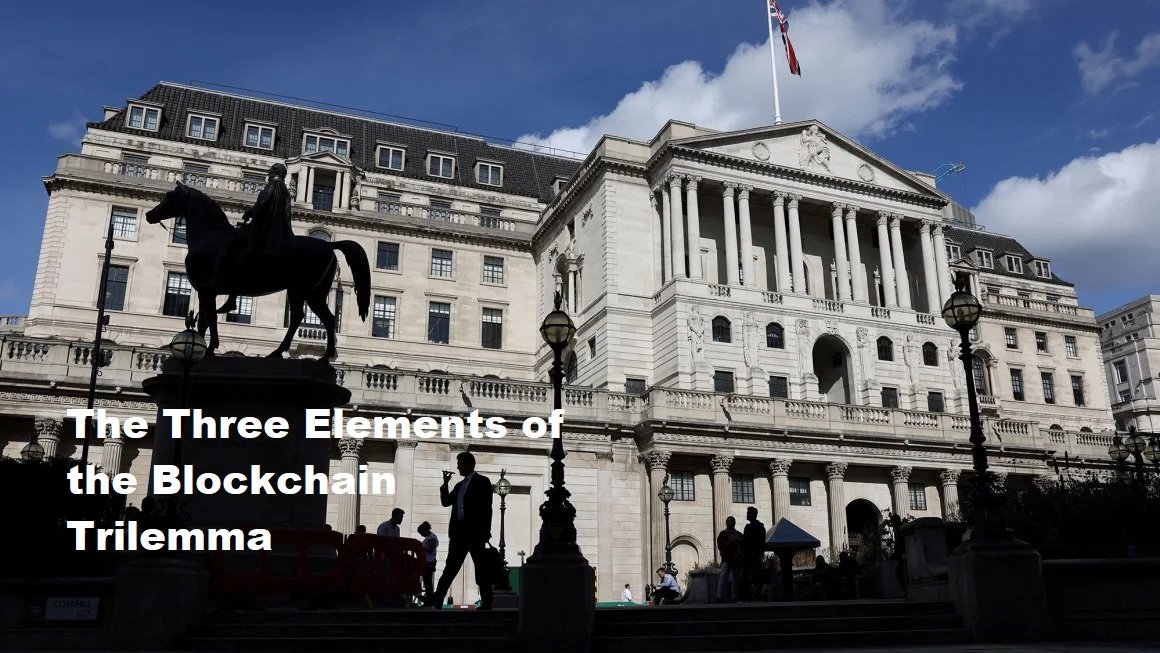In a decisive move to strengthen transparency and accountability within the government, Ghanaian President John Mahama has announced his intention to impose sanctions on ministers who fail to comply with the mandatory asset declaration requirements. This policy underscores the administration’s commitment to combating corruption and promoting good governance in the country.
Background and Context
Asset declaration by public officials is a critical tool used worldwide to prevent corruption, illicit enrichment, and conflicts of interest. In Ghana, ministers and other high-ranking officials are legally required to declare their assets to the appropriate authorities within a stipulated timeframe. This process helps ensure that public servants maintain integrity and that any unexplained wealth can be scrutinized.
Despite these regulations, there have been instances where some ministers have failed to submit their asset declarations on time or have neglected to report their assets altogether. Such non-compliance undermines public trust and hampers efforts to promote transparency.
President Mahama’s Announcement
President Mahama’s announcement comes as part of a broader anti-corruption agenda aimed at reinforcing ethical standards in public service. He emphasized that failure to declare assets will no longer be tolerated and that ministers who do not comply will face strict sanctions.
While the specific nature of the sanctions has not been fully detailed, they are expected to include disciplinary actions such as suspension, dismissal, or other legal consequences as prescribed by Ghanaian law.
Importance of Asset Declaration
The president highlighted that asset declaration is not merely a bureaucratic formality but a vital mechanism to ensure accountability. By making asset declarations public or accessible to oversight bodies, the government can detect and deter corrupt practices.
This initiative also aligns with Ghana’s commitments to international anti-corruption frameworks and standards, reinforcing the country’s image as a nation dedicated to good governance.
Reactions and Implications
The announcement has been welcomed by civil society organizations, anti-corruption activists, and the general public, who have long called for stronger enforcement of asset declaration laws. Many see this move as a positive step toward reducing corruption and enhancing the credibility of government institutions.
However, some political analysts caution that the effectiveness of this policy will depend on consistent enforcement and the independence of oversight bodies responsible for monitoring compliance.
Challenges Ahead
Implementing sanctions against non-compliant ministers may face challenges, including political resistance and legal hurdles. Ensuring that the process is transparent, fair, and free from political bias will be crucial to maintaining public confidence.
Moreover, the government will need to strengthen the capacity of institutions tasked with verifying asset declarations and investigating discrepancies.
Conclusion
President John Mahama’s commitment to sanction ministers who fail to declare their assets marks a significant step in Ghana’s fight against corruption. By enforcing asset declaration laws, the administration aims to promote transparency, uphold ethical standards, and restore public trust in government.
This policy, if effectively implemented, could serve as a model for other countries grappling with similar challenges and reinforce Ghana’s position as a leader in governance reforms in the region.









